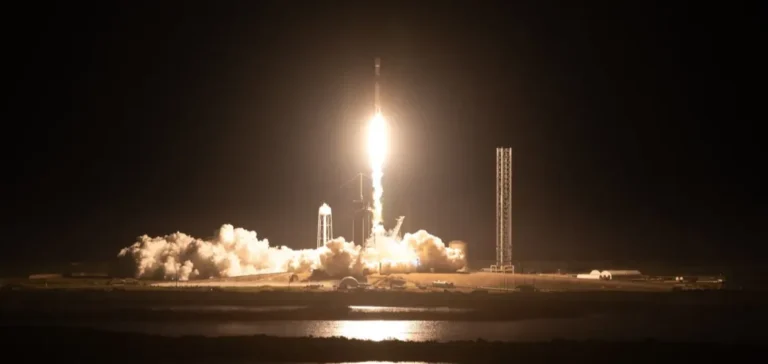US-based Intuitive Machines, a company specializing in space technology and infrastructure services, has received an USD8.2 million contract extension from the US Air Force Research Laboratory’s Space Vehicles Directorate. The funding aims to further develop compact nuclear power conversion systems for long-duration lunar and space missions.
This funding builds on a previous USD9.5 million contract awarded under an earlier program by the laboratory, which focused on designing a Stirling-based power conversion system. This technology converts heat from a radioisotope source into electricity. Intuitive Machines stated that this new phase will prepare the system for real-world flight testing, marking a step toward demonstrating space-based nuclear power in orbit.
Objective: Overcoming solar energy limitations
Solar energy is the primary power source for lunar missions, but extreme environments such as the two-week-long lunar night, where temperatures drop to minus 129 degrees Celsius, require backup power systems. Radioisotope thermoelectric generators or batteries are existing solutions, but their weight and volume limit their effectiveness. Stirling engines, however, could provide continuous, compact power suited for spacecraft and surface installations.
The Stirling Technology Space Research Experiment flight experiment is designed to test this technology in the International Space Station National Laboratory, where it will be exposed to conditions that degrade conventional power systems. According to Intuitive Machines, this experiment aims to elevate the technology’s readiness level from prototype to space-flown, an essential step toward commercial, civil, and national security space flight acceptance.
A step toward commercial and military integration
Tim Crain, co-founder and chief growth officer of Intuitive Machines, stated that the funding marks “a shift from design to flight hardware,” representing a critical phase in validating the system’s viability in space. The company has already developed and landed two solar-powered lunar landers and now seeks to build modular energy solutions capable of exceeding solar power limitations.
Intuitive Machines is a sister company to X-energy, a US firm developing small modular nuclear reactors and nuclear thermal propulsion technologies. X-energy is also working on energy solutions for lunar surface power.
The Space Vehicles Directorate, part of the Air Force Research Laboratory, is responsible for developing technologies that provide space-based capabilities for the United States.






















